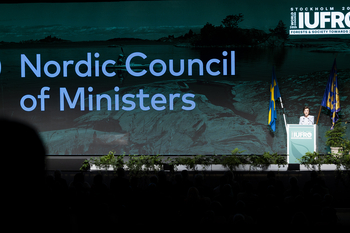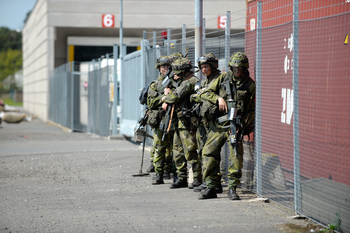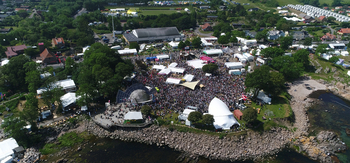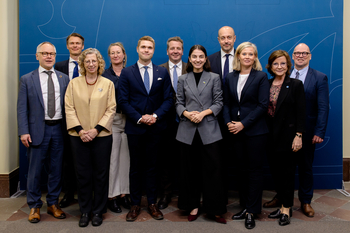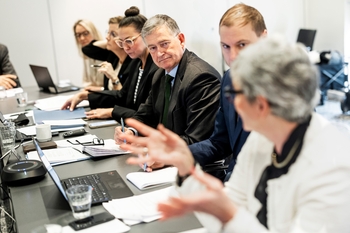Nordic and Baltic regions to co-operate on digitalisation
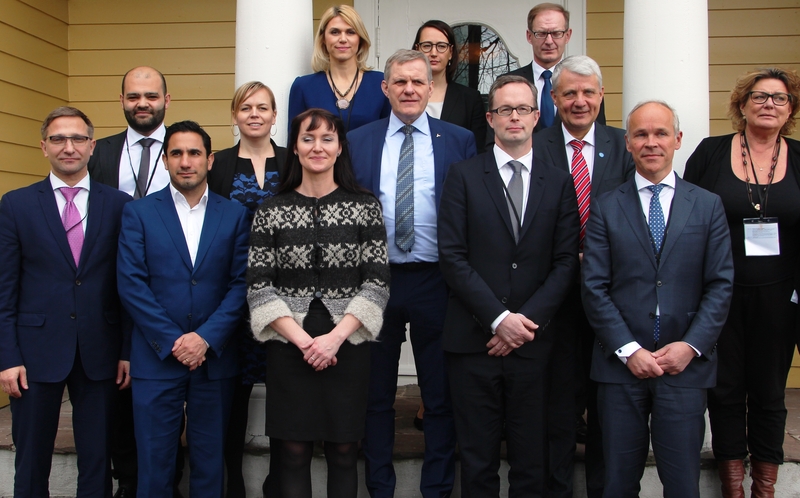
Today was the first time the Nordic and Baltic ministers responsible for digitalisation have met. They adopted a declaration which forms the basis for co-operation between the Nordic and Baltic countries. The co-operation will promote the digitalisation of public services across national borders, the digitalisation of business, and the development of a single digital market in the region.
“This pioneering work will benefit those living and working in our region as well as contribute to the EU’s ambition for a digitally integrated Europe,” says Bakke-Jensen.
“The Nordic and Baltic countries are European leaders in digitalisation. Closer co-operation will provide better services for residents across national borders and create more new jobs. The objective is for the Nordic and Baltic regions to become a powerful, united digital region,” says Norway’s Minister for Local Government and Modernisation Jan Tore Sanner, who represented the Norwegian presidency together with Frank Bakke-Jensen.
First meeting of the Nordic and Baltic ministers responsible for digitalisation
Norway holds the presidency of the Nordic Council of Ministers in 2017. This is the first time the Nordic and Baltic ministers responsible for digitalisation have met for a ministerial meeting. In order to follow up on their declaration, the ministers have requested the involvement of the Nordic Council of Ministers in efforts to develop a plan for organising future work, such as through the use of existing arenas for co-operation.
Among other things, the countries are seeking to:
- facilitate the use of personal identity numbers and electronic identification to make it easier to use services across national borders,
- facilitate mobility and the development of expertise in ICT,
- promote the roll-out of 5G in towns and local regions to facilitate new, innovative services,
- market the region as innovative and suitable for testing new digital solutions,
- promote initiatives that can make the region a global leader in the development and adoption of new technologies, and
- strengthen the region’s voice within EU and EEA co-operation.
The declaration was adopted at the Digital North ministerial conference in Oslo.
